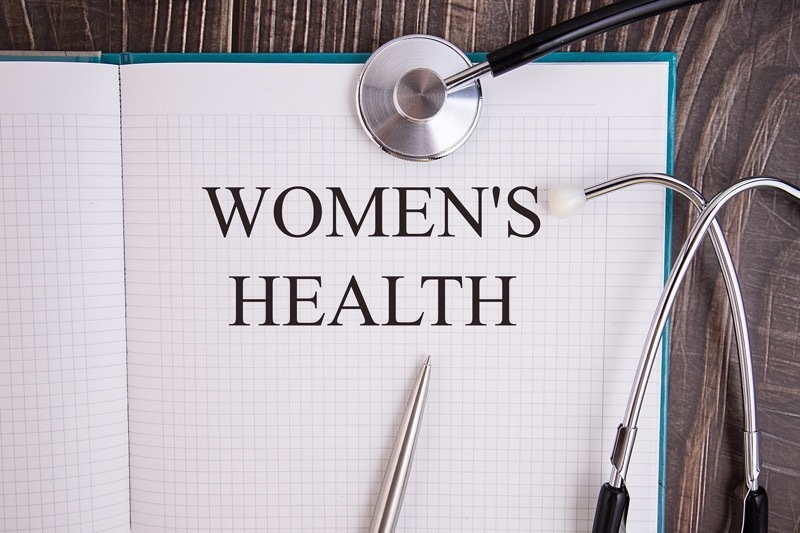BARNSLEY women who may put off seeking a medical opinion upon finding a symptom of cancer have been urged to think twice as part of a new scheme which aims to increase early detection rates.
Following the successful launch of the ‘Peace Of Mind’ campaign by the South Yorkshire and Bassetlaw Cancer Alliance, the focus has shifted towards highlighting symptoms associated with womb cancer.
Sometimes called endometrial or uterine cancer, it is the fourth most common cancer in the UK, with around 9,700 new cases diagnosed each year.
It is most common in women who have been through the menopause, but despite its prevalence, womb cancer is often diagnosed at a late stage when prognoses is bleak.
Dr Steph Edgar, clinical lead for the alliance, emphasised the importance of recognising symptoms and seeking prompt medical advice.
She said: “We want to ensure that women are empowered with knowledge about womb cancer symptoms and are encouraged to consult their GP if they notice anything unusual.
“The main signs and symptoms of womb cancer include bleeding or spotting from the vagina after the menopause, heavy periods or bleeding between periods, and a change to vaginal discharge.
“Many women may dismiss these symptoms or attribute them to other causes, leading to delays in diagnosis.
“Other symptoms of womb cancer can include a lump or swelling in your tummy or between your hip bones, pain in your lower back, pain during sex and blood in your pee.
“We understand the concerns and fears surrounding a potential cancer diagnosis, but early action can make a significant difference in treatment outcomes.
“By focusing on womb cancer in this phase of our campaign, we hope to encourage women to prioritise their health and seek medical advice without hesitation.”
Through targeted messaging across various platforms - including social media, radio adverts and informational videos - the campaign aims to educate communities about the importance of early detection and the steps to take if symptoms are present.
Cancer Research UK said national figures show improvements in cancer survival, yet also highlight disparity across England.
The charity said chances of surviving cancer should not vary depending on where patients live.
Health Minister Helen Whately said the government is focused on fighting cancer through prevention, diagnosis, treatment, research and funding.
She said over 94 ‘one-stop shops’ have been opened so people can have quicker access to tests, scans and checks - such as Barnsley town centre’s Community Diagnostic Centre which has been praised for reducing backlogs owing to the Covid-19 pandemic.
“We know there is more to do and early diagnosis is crucial to improving survival rates even further,” she added.
“Our ambition is to diagnose 75 per cent of cancer at an early stage by 2028 which will help save tens of thousands of lives for longer.
“The NHS will not stop in its efforts to go out and find more cancers at an earlier point, when easier to treat, so if you have had an invite, please take it up, and as ever, if you are showing any signs of cancer, please come forward to your GP.
“Getting checked could save your life.”




























